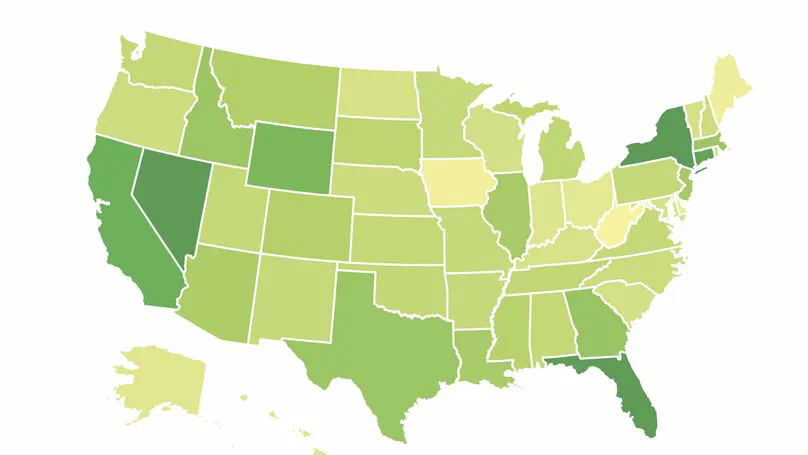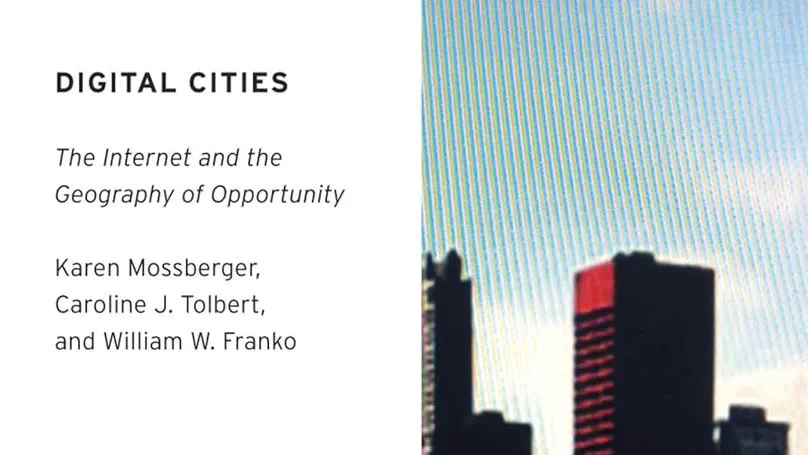William Franko
Associate Professor
Director of Graduate Studies
Department of Political Science
West Virginia University
Welcome
I am an associate professor in the Department of Political Science at the John D. Rockefeller IV School of Policy and Politics at West Virginia University. I study political inequality, economic disparities, and class politics in the United States. In trying to better understand the relationships among class, inequality, and politics, my research looks at the public’s attitudes about income inequality and redistribution, the influence of political participation bias on politics and policy, how policy decisions shape economic outcomes, and the role of social class in American politics. My work on class and inequality often focuses on state and local politics and examines policies like taxation, the minimum wage, healthcare, labor policy, and the digital divide.
- Political and economic inequality
- Class politics
- Public policy
- Redistribution
- Political participation
- Public opinion
- State and local politics
PhD in Political Science, 2012
University of Iowa
MA in Political Science, 2007
Kent State University
BA in Political Science, 2004
Kent State University
Books

In the The New Economic Populism: How States Respond to Economic Inequality (Oxford | Amazon), we argue that the U.S. government’s failure to address rising income inequality should not be very surprising since federal inaction in the face of emerging economic problems is the norm in American history. The states led the fight against new economic problems during the Progressive Era and Great Depression, and it is likely that we will once again have to rely on the states to address today’s massive gap between the rich and the poor. We show that the public is cognizant of rising inequality and that this growing awareness is associated with more egalitarian political and policy changes. In contrast to the prevailing pessimism regarding income inequality, we suggest that if history is a guide these incipient state actions to reduce inequality are likely to spread to other states and even the federal government in the coming decades.
The New Economic Populism is winner of the 2018 Virginia Gray Best Book Award. This award is given by the American Political Science Association State Politics and Policy Section to the best political science book published on the subject of U.S. state politics or policy in the preceding three calendar years.

Digital Cities tells the story of information technology use and inequality in American metropolitan areas and discusses directions for change. We argue that mobile-only Internet, the form used by many minorities and urban poor, is a second-class form of access, and offer evidence that users with such limited access have dramatically lower levels of online activity and skill. Digital Cities demonstrate the significance of place for shaping our digital future and the need for policies that recognize the critical role of cities in addressing both social inequality and opportunity.
Recent Publications
Teaching
R + RStudio for Political Science tutorial for my POLS 300 students.
My Senior Capstone Paper (POLS 487) advisees can download a copy of the Paper Plan and Guidelines.
Registered students can find course materials on eCampus.
I am an instructor for the following courses at WVU:
- State and Local Government (POLS 220)
- Empirical Political Analysis (POLS 300)
- The Politics of Economic Policy (POLS 334)
- Intro. to Political Research (POLS 600)
- Advanced Quantitative Analysis (POLS 603)
Past courses:
- American Government
- The Politics of Economic Inequality
- The American Presidency
- Research Methods (grad)
- Research Design and Analysis (grad)
- The Legislative Process
Curriculum Vitae
Contact
- william.franko@mail.wvu.edu
- (304) 554-9838
- Department of Political Science, 316 Woodburn Hall, Morgantown, WV 26506